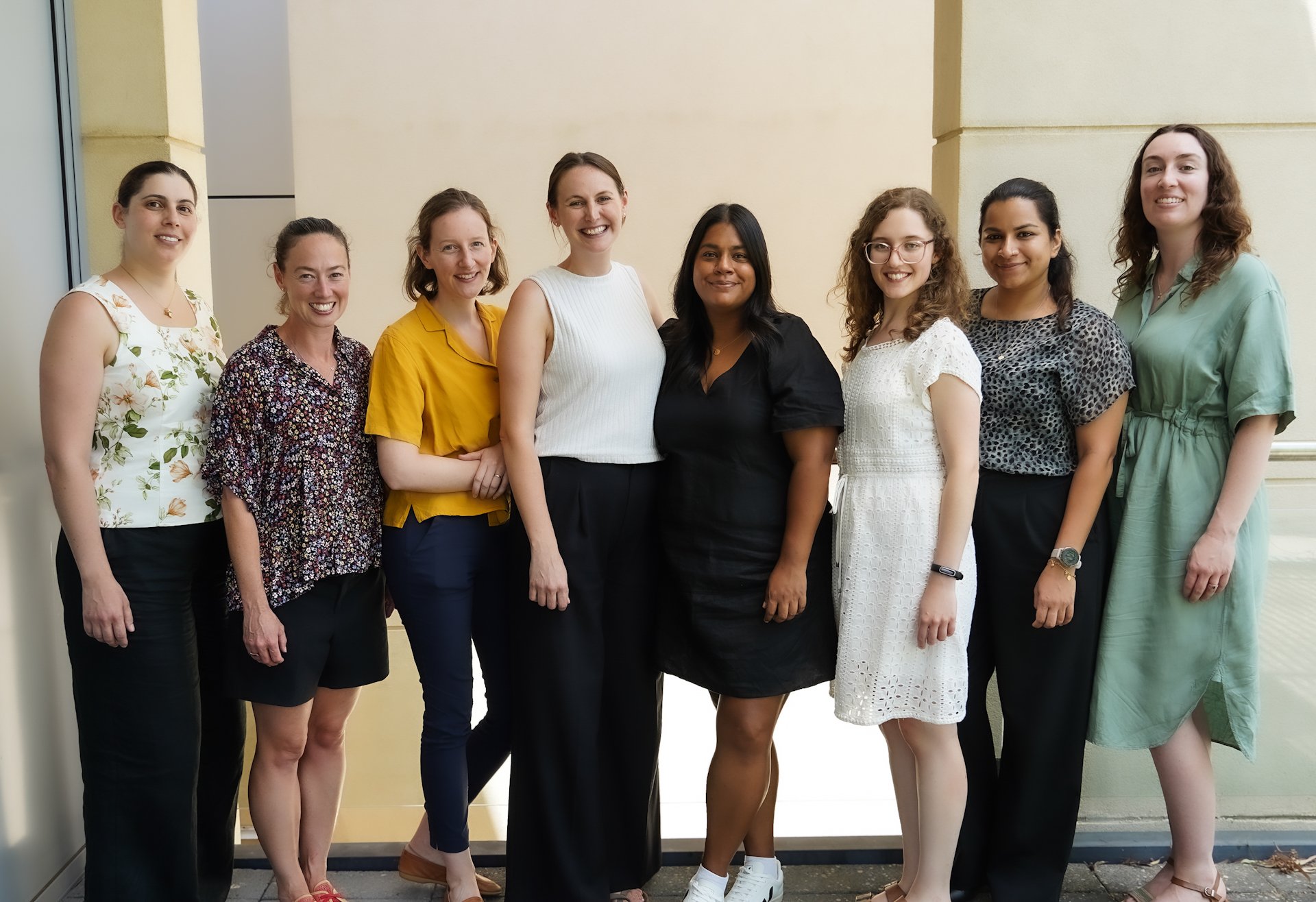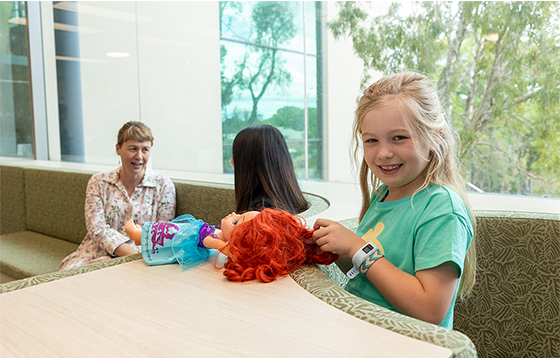Search

This small group program helps children crack the code of emotions and friendships through an animated ‘secret agent’ theme.
The Kids Research Institute Australia is involved in a new multi-site Australian study, led by the South Australian Health and Medical Research Institute, which wants to determine the optimal level of iodine needed during pregnancy for baby’s development.
Find out about many of our previous research studies and trials, and those that are ongoing but are no longer recruiting participants.

News & Events
Celebrating our STEM teamTo celebrate International Day of Women and Girls in Science, we asked our research team to share why they became researchers, how autism became their focus and for their top tip for girls interested in pursuing a STEM career.

News & Events
Autism research conferenceThe CliniKids research team had a busy few days at the annual International Society for Autism Research (INSAR) conference held in Melbourne recently.

News & Events
ENVISAGE Term 3 programsENVISAGE is a free peer support program specifically designed for parents and caregivers of children aged 0-8 years with disabilities or developmental concerns. Term 3 dates now released.

News & Events
Register your interest for CliniSibsWe are currently taking expressions of interest for CliniSibs in 2024.

News & Events
Provisional Psychologists at CliniKidsTo meet the growing demand for clinical psychology services, as well as provide education and awareness of autism best practice for clinical psychologists, CliniKids is helping to develop and train the next generation of mental health practitioners.
See our full catalogue of news and events.

CliniKids has two clinics - in Subiaco and also in Joondalup.
